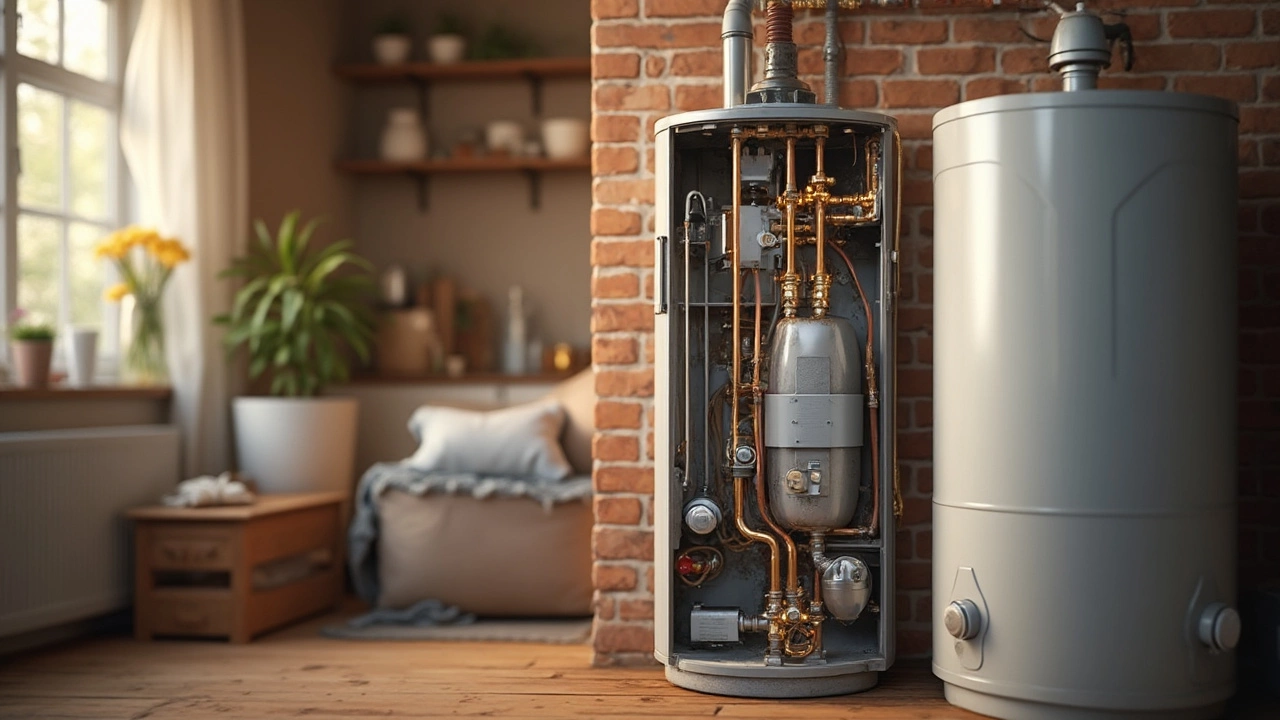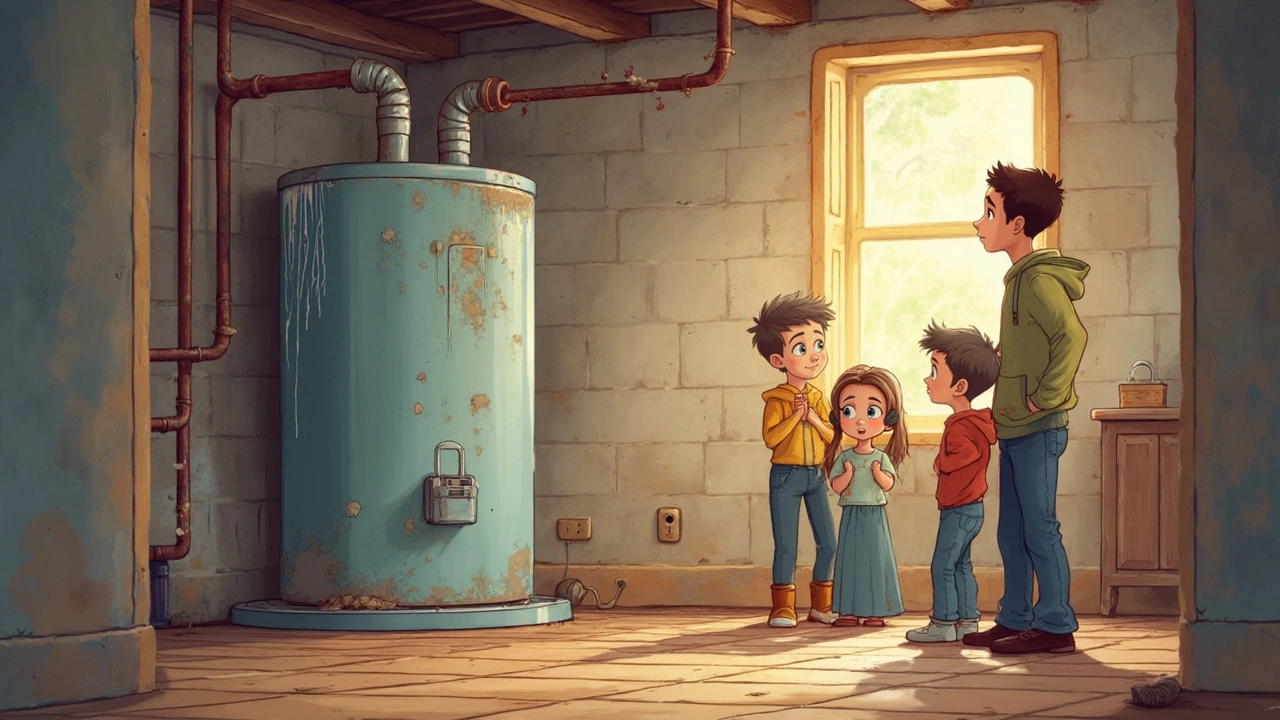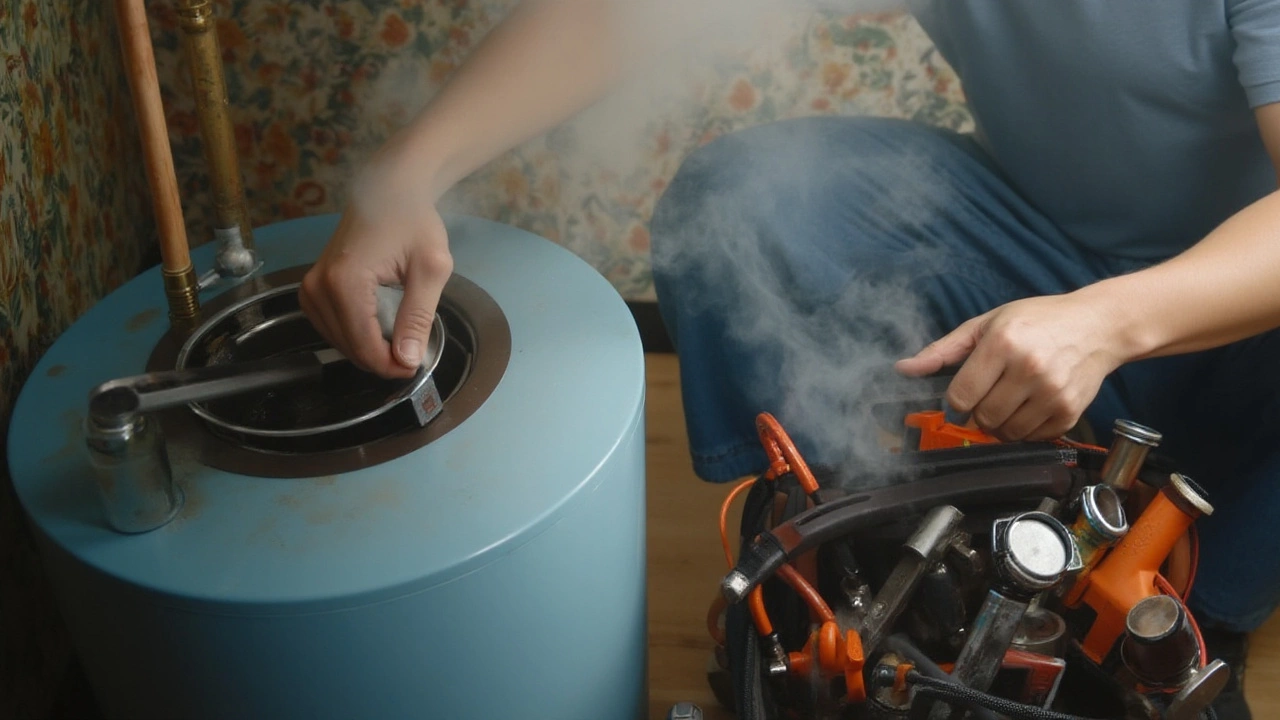Water Heater Maintenance: Simple Tips to Keep Hot Water Flowing
Nothing cramps your day like a cold shower because the water heater quit on you. The good news? Most problems are avoidable with a few easy habits. Below is a straight‑forward routine that anyone can follow, plus some extra tricks for extending the life of your unit.
Why Regular Care Matters
Water heaters work hard every day, heating thousands of gallons of water. Over time, sediment builds up, the anode rod gets depleted, and parts wear out. If you ignore these signs, the tank can corrode, the heating element can fail, and you end up paying for a full replacement. A quick check now saves you a pricey call later.
Quick Maintenance Checklist (Every 3‑6 Months)
1. Turn off power or gas. Safety first – shut off the breaker for electric heaters or the gas valve for gas models.
2. Flush the tank. Connect a garden hose to the drain valve, open the valve, and let water run until it’s clear. This removes sediment that reduces efficiency.
3. Inspect the anode rod. The rod attracts corrosion, protecting the tank. If it’s more than ½ inch thick, you’re fine. If it’s thin or covered in rust, replace it.
4. Check the pressure relief valve. Lift the lever briefly; water should flow out and stop when released. A stuck valve can cause dangerous pressure buildup.
5. Examine the thermostat. Make sure it’s set to 120°F (49°C). Too high burns more energy and speeds up wear.
6. Look for leaks. Inspect the top, bottom, and connections. Even a small drip can become a big problem.
Doing these steps twice a year takes less than an hour and keeps the heater humming.
Extra Tips to Boost Efficiency
Insulate the tank. A simple blanket reduces heat loss and cuts energy bills.
Upgrade to a timer. If you’re not using hot water at night, a timer can shut the heater off and save power.
Consider a water softener. Hard water leaves more scale inside the tank, causing faster wear. A softener can lengthen the life of the unit.
If you notice any of these warning signs – noisy rumbling, rusty water, or a sudden drop in hot water – call a professional right away. Trying to fix a failing heater yourself can be risky, especially with gas units.
Regular maintenance isn’t a chore; it’s a small investment that pays off with reliable hot water and lower repair costs. Keep this checklist handy, set a reminder on your phone, and you’ll never be caught off guard by a cold shower again.

How Long Should Your Water Heater Last? Expert Repair Tips & Lifespan Facts
Get the facts on how many years a water heater really lasts, what affects its lifespan, and easy tips to help yours last longer. Learn when to repair or replace.

Common Water Heater Failures: Where Most Problems Start & How to Prevent Them
Wondering where your water heater is most likely to break? Discover the most common failure points, key causes, and expert tips for lasting hot water.

What Happens When You Keep Resetting Your Water Heater?
Constantly resetting your water heater might seem like a quick fix, but it can be a sign of underlying issues. Ignoring these problems may lead to more costly repairs or replacement. Learn about the risks of frequently hitting that reset button, what it could mean for your appliance, and how to tackle common water heater problems effectively. This article offers insights into diagnosing potential causes and maintaining your water heater for long-term efficiency.

Why Never Flushing Your Water Heater Is a Big Mistake
Ignoring your water heater's maintenance can lead to serious issues like reduced efficiency and lifespan. By not flushing, sediment buildup increases, impacting water quality and energy costs. Regular flushing is key to avoiding unexpected breakdowns and extending the life of your heater. This article explores what happens when neglect takes over and offers tips on maintaining your water heater for optimal performance.

Flush vs. Drain: What's Best for Your Water Heater Maintenance?
Discover the differences between flushing and draining your water heater. This article explores which method keeps your water heater running efficiently and prolongs its lifespan. Learn the benefits of each approach, potential risks, and essential maintenance tips. Whether you're a DIY enthusiast or prefer professional help, uncover the best practices for maintaining your water heating system.